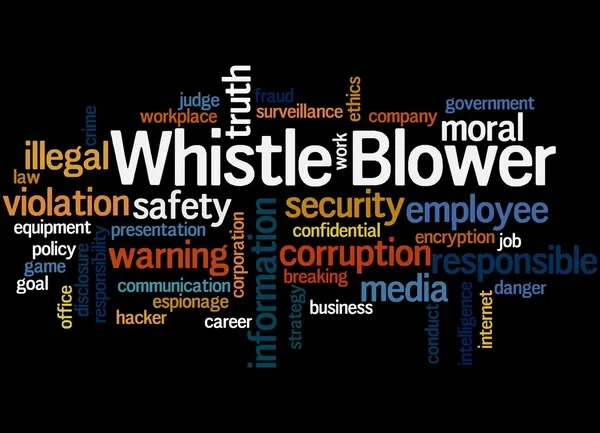
The incorporation of Directive (EU) 2019/1937 with Law 4990/2022 into national legislation, regarding the protection of persons who report violations of EU law, in other words "whistleblowing", while offering protection to the latter, imposes obligations on businesses.
In essence, this law incentivizes certain categories of persons to disclose illegal behavior by their employers through specific channels that are established, while providing an almost absolute framework of protection.
I. Purpose
The purpose is to establish a system of internal and external reporting of violations by employers.
II. Private entities as subjects of obligations
Law 4990/2022 sets specific regulatory compliance requirements for all businesses with more than 50 employees, namely:
• Organizations with more than 250 employees, obligations from 11.05.2023.
• Organizations with 50-249 employees, obligations from 17.12.2023.
The number of employees is calculated based on Law 4308/2014 and is included in the definition.
III. Field of application
This law applies to the protection of persons who report or disclose breaches of EU law in the areas of, inter alia, product safety and compliance, consumer protection, privacy and personal data protection, as well as breaches that relate to the internal market, including breaches of EU competition and state aid rules, as well as breaches of company tax rules or settlements.
IV. Scope of protection of persons (whistleblowers)
The provisions of the law offer protection to all employees, as well as, indicatively, to non-salaried consultants, former employees, prospective employees, shareholders, board members, suppliers.
Furthermore, the protection is extended to third-party legal and natural persons connected to the petitioners and who may suffer retaliation in a work context (eg colleagues or relatives of the petitioners).
V. How to report a violation (whistleblowing)
Reporting takes place either internally, externally, or by public disclosure. Critical in this regard is the internal reporting, as it is also the one that creates obligations for businesses.
The internal report is submitted in writing or orally or through an electronic platform, which operates on the company's website.
In particular, each company must appoint a staff person as a Report Receipt and Follow-up Officer, who is responsible for managing the report, as defined in the law (no. 10) and which is notified to the Labor Inspectorate.
The obligations are therefore summarized as follows:
1. Appointment of a responsible person and their declaration to the Labor Inspectorate;
2. Development of internal report submission, receipt and tracking process and system;
3. Provision for the possibility of electronic submission of a report on the company website.
The external report is made through the National Transparency Authority, which, as an external reporting channel and will be the competent authority for receiving, managing and monitoring the reports submitted directly to it.
Finally, as mentioned above, the report can also be made by public disclosure, i.e. publicly and directly by the petitioner, through some suitable relevant medium (e.g. social media).
For more information and advice please contact us @ info@dikaion-law.com

